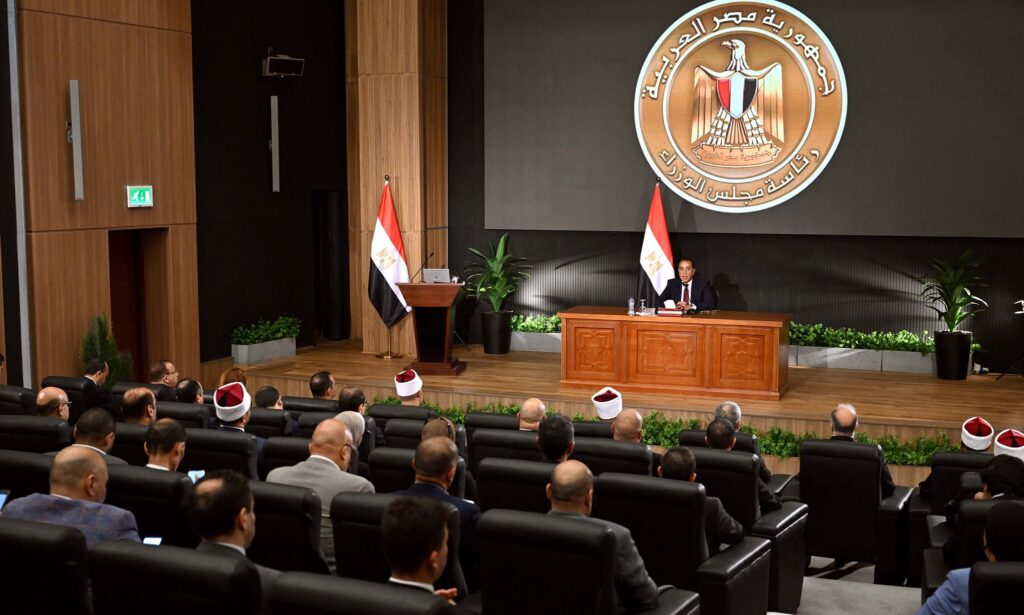Egypt is taking the needed measures to secure the natural gas supplies, said Prime Minister Mostafa Madbouly at a press conference following the weekly Cabinet meeting.
During the meeting, which marks the first for the Crisis Committee formed to monitor repercussions of the escalating Israeli- Iranian conflict, Madbouli said Egypt has received three Floating Storage and Regasification Units (FSRU), only one of which is currently operating, and the other two will come online by the end of June.
In this respect, the government has activated an emergency plan to prioritize natural gas allocations few hours after the beginning of the war. This involves halting natural gas supplies to some factories, increasing diesel consumption by power plants to the maximum level, and coordinating the operation of some stations to run on diesel.
Besides, Madbouly promised to compensate the temporarily halted factories affected by the conflict.
In the meantime, the Ministry of Petroleum and Mineral Resources has been intensifying its efforts to increase local production of oil and gas.
PM predicted a rise in local production of natural gas in August, noting that two petroleum fields in the Western Desert will start production in July.
He stressed that Egypt’s energy planning is on track, and it will be able to secure its needs, pointing out that the addition of production from new fields will start in August.
While the PM did not name these new fields, the General Petroleum Company (GPC) made a new oil discovery, GPR-1X, in the maturing Abu Sennan concession at the Western Desert last week. Initial tests show promising production rates of 1,400 barrels per day (bbl/d) of crude oil and approximately 1 million cubic feet per day (mmcf/d) of gas in addition to adding two million recoverable barrels to the reserves.
Besides, Khalda Petroleum, a joint venture (JV) between the Egyptian General Petroleum Corporation (EGPC) and Apache Corporation, is bringing two new wells into production this month in the Alam El Bueib and Alamein reservoirs, with an initial estimated total of 5,400 barrels per day (bbl/d) of crude oil.




